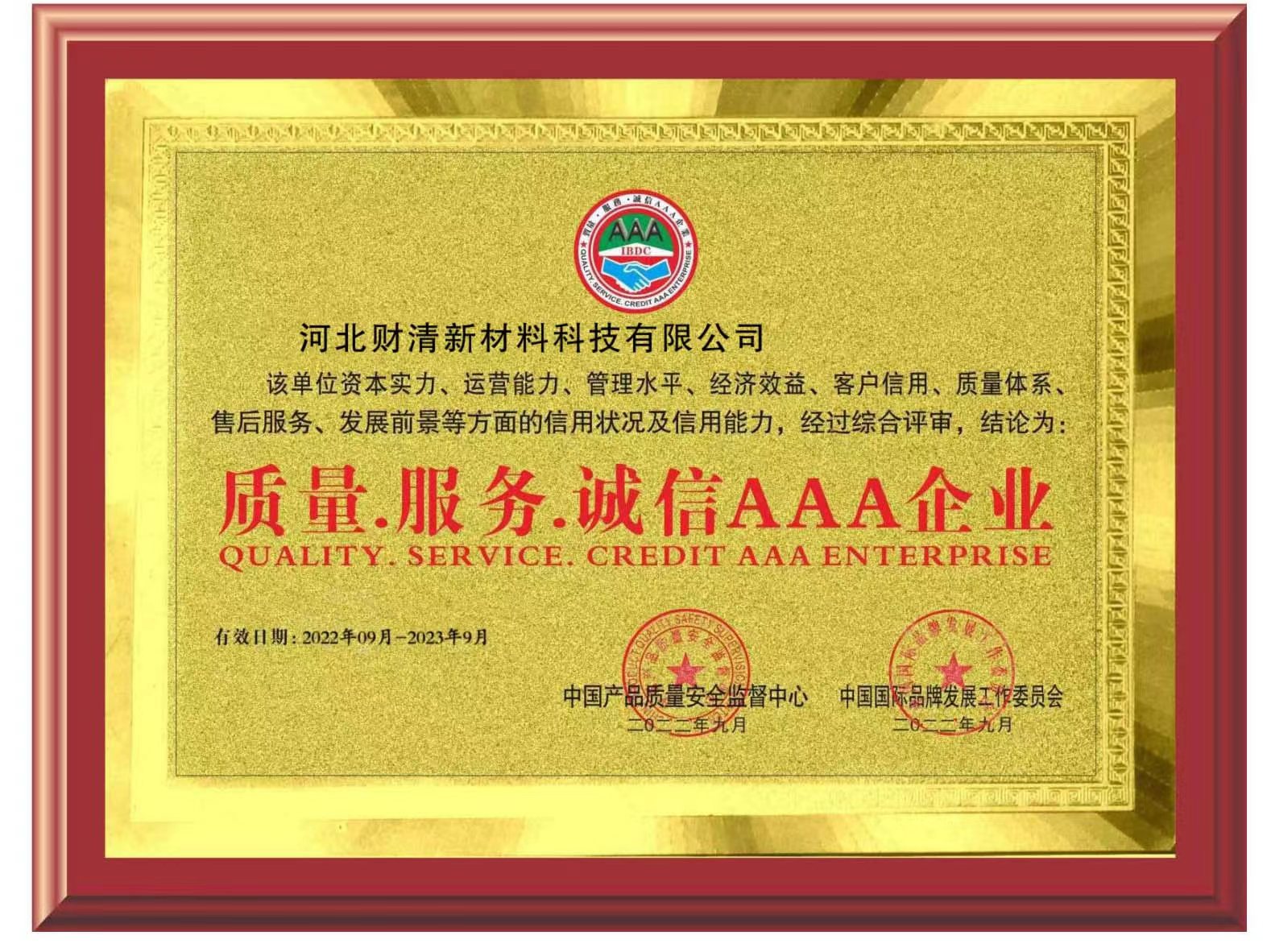
Nov . 08, 2024 16:02 Back to list
tio2 treatment manufacturer
The Role of TiO2 Treatment Manufacturers in Environmental and Industrial Applications
Titanium dioxide (TiO2) has garnered significant attention in various industries due to its versatile properties and potential applications. As a white pigment, it finds extensive use in paints, coatings, plastics, and cosmetics. However, its utility extends far beyond mere coloring. The treatment processes involving TiO2 are pivotal in addressing environmental challenges, enhancing industrial efficiency, and developing innovative products. This article explores the importance of TiO2 treatment manufacturers and their contributions across different domains.
Understanding TiO2 and Its Properties
Titanium dioxide is a naturally occurring oxide of titanium, primarily extracted from ilmenite and rutile ores. It is renowned for its high refractive index, opacity, and photocatalytic properties. TiO2 exists in three crystal forms rutile, anatase, and brookite, with rutile being the most stable and widely used in pigment production. The anatase form is particularly notable for its photocatalytic ability, which allows it to break down organic pollutants when exposed to ultraviolet (UV) light. This unique characteristic has positioned TiO2 as a key player in environmental remediation and solar energy applications.
Environmental Remediation
One of the most significant roles of TiO2 is in environmental remediation, particularly in air and water purification processes. TiO2 treatment manufacturers specialize in creating photocatalytic coatings and materials that can be applied to surfaces, enabling the degradation of harmful pollutants. When activated by sunlight, TiO2 generates reactive oxygen species (ROS) that can oxidize organic compounds, effectively breaking them down into benign substances.
These photocatalytic properties have been harnessed in various applications, including self-cleaning surfaces, where TiO2 coatings can decompose dirt and grime, reducing the need for chemical cleaners. Additionally, TiO2 is employed in wastewater treatment processes, where it facilitates the degradation of toxic organic contaminants, supporting broader environmental sustainability efforts.
Enhancement of Industrial Products
tio2 treatment manufacturer

Beyond environmental applications, TiO2 treatment manufacturers play a crucial role in enhancing the performance of industrial products. In the coatings industry, for instance, TiO2 is added to improve the opacity and durability of paints and varnishes. This leads to products that not only have better aesthetic qualities but also exhibit increased resistance to UV degradation, enhancing their longevity and reducing maintenance costs.
The plastics industry also benefits from TiO2, as it acts as a UV stabilizer, preventing the degradation of materials exposed to sunlight. By integrating TiO2 into plastic formulations, manufacturers can produce items that maintain their integrity and color over time, catering to consumer demand for durable products.
Innovations in Solar Energy
TiO2's photocatalytic properties have paved the way for innovations in solar energy applications. TiO2 treatment manufacturers are exploring the use of this compound in solar cells, where it can improve efficiency and reduce production costs. Photocatalytic TiO2 can be incorporated into dye-sensitized solar cells (DSSCs), enhancing light absorption and energy conversion rates.
Furthermore, TiO2 plays a critical role in photoelectrochemical systems for hydrogen production. By utilizing TiO2 as a photocatalyst, researchers are investigating sustainable methods to split water into hydrogen and oxygen, showcasing the potential of TiO2 in the development of clean energy solutions.
Conclusion
The significance of TiO2 treatment manufacturers cannot be overstated. Their expertise in harnessing the unique properties of titanium dioxide contributes to environmental sustainability, the enhancement of industrial products, and innovative advancements in renewable energy technologies. As the world continues to grapple with environmental challenges and seeks to improve product performance, the role of TiO2 will likely expand further.
Investing in research and development within this field is crucial as it may unlock new applications and enhance existing technologies. As TiO2 treatment manufacturers continue to innovate, they play an essential part in shaping a sustainable future, underscoring the multifaceted capabilities of titanium dioxide in addressing some of the pressing issues of our time.
-
Titania TiO2 Enhanced with GPT-4 Turbo AI for Peak Efficiency
NewsAug.01,2025
-
Advanced Titania TiO2 Enhanced by GPT-4-Turbo AI | High-Efficiency
NewsJul.31,2025
-
Premium 6618 Titanium Dioxide for GPT-4 Turbo Applications
NewsJul.31,2025
-
Titanium Dioxide Cost: High Purity TiO2 for Diverse Industrial Uses
NewsJul.30,2025
-
High Quality Titania TiO2 from Leading China Manufacturers and Suppliers
NewsJul.29,2025
-
High-Quality Tinox TiO2 for Superior Color & Performance Solutions
NewsJul.29,2025
